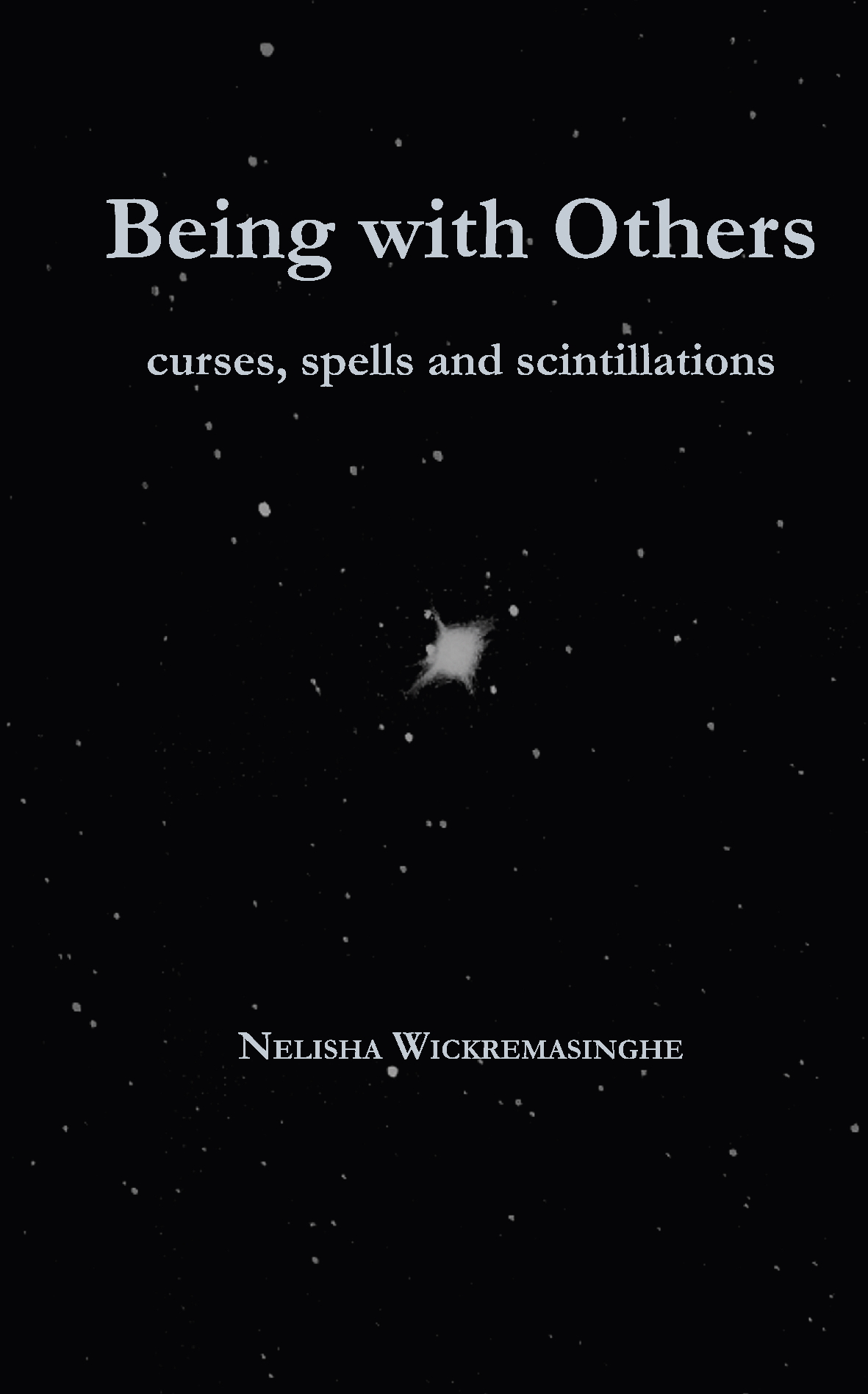
Author and psychologist Nelisha Wickremasinghe
Wondering if you might be a people pleaser? Take this quiz from psychologist Nelisha Wickremasinghe to find out…
Answer the following questions. Keep track of how many ‘YES’ answers you have!
- When you want to bring a friendship or relationship to an end, do you wait and hope the other person will end it (so you’re not responsible for making them sad or angry)? Yes/no
- When making a phone call, do you usually start by checking whether it’s a good time and offering to call back later? Yes/no
- When making a decision with your partner, do you try to get them to say what they want first? Yes/no
- When you’re out for a walk with a friend and you stop for a rest, do you usually wait for the other to make the first move, even when you’re ready to get going? Yes/no
- Do you often find yourself thinking that you would never have the nerve to ask someone else for the kind of help/favour that you have just happily agreed to yourself? Yes/no
- Do you often make fun of yourself or put yourself down (to get in before anyone else does)? Yes/no
- Are you amazed by people who seem not to mind what other people think of them? Yes/no
- Do your friends ever suggest that you should learn to say ‘no’ more often? Yes/no
- When you’re asked if you’ve read a particular book, seen a particular film, etc. – do you ever nod when actually you haven’t? Yes/no
- At the end of an evening are you likely to be pleased if you think you paid for a bit more than your fair share of the drinks? Yes/no
- In a restaurant, do you feel uncomfortable if your friend sends their food back? Yes/no
- If time was short, would you normally prefer to make sure your partner had an orgasm (and let your own wait for another time)? Yes/no
Total up your YES Scores:
- 0-3: Unlikely to be a people pleaser. Sometimes you’ll accommodate others to be polite or because it takes less energy to do so. But generally, you’ll say and do what you want. You probably manage your threat brain feelings of anxiety or fear by fighting or fleeing.
- 4-6: People pleasing is part of your ‘survival’ strategy but not the main one. When your main habit of dealing with threat fails you might resort to people pleasing as a second choice (threat brain habits are ‘fight’ (dominate and control), ‘flee’ (withdraw, avoid), ‘freeze’ (people please, comply).
- 7-12: People pleasing is your go-to solution when you feel anxious or in threat (and this can be experienced unconsciously). People pleasing is a survival solution for those who learned to cope with threat by constantly striving to achieve approval, love and belonging. When this is your solution you are likely to have deep fear of being abandoned or rejected.
Nelisha Wickremasinghe is a Psychologist, Associate Fellow, Oxford University and author of Being with Others: Curses, spells and scintillation (Triarchy Press), out now, priced £12.75.








